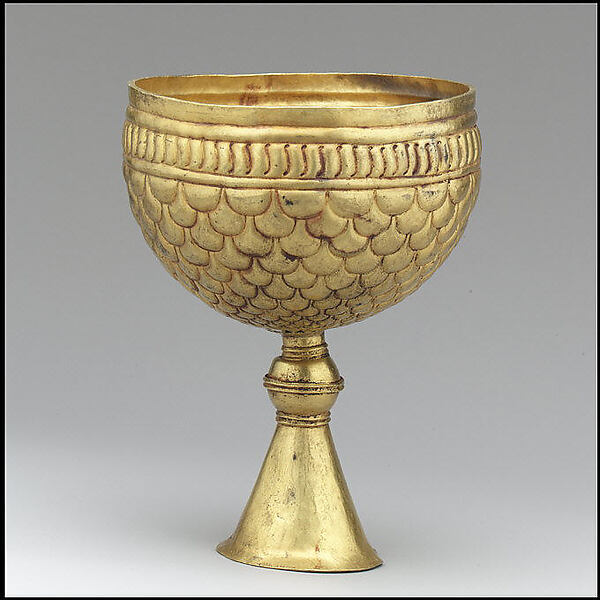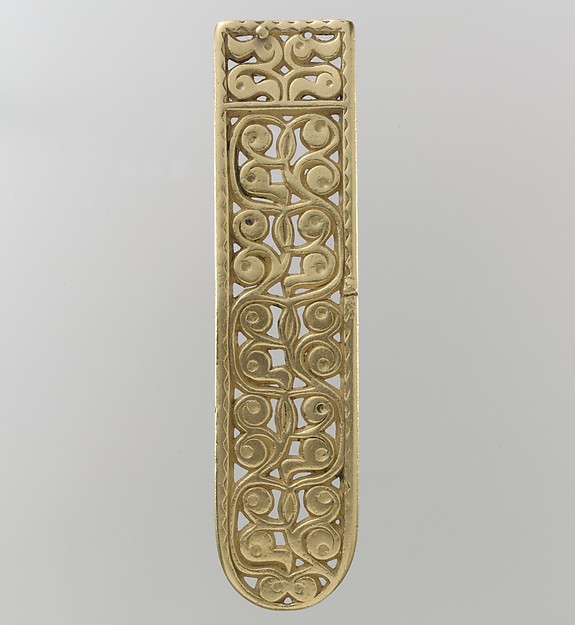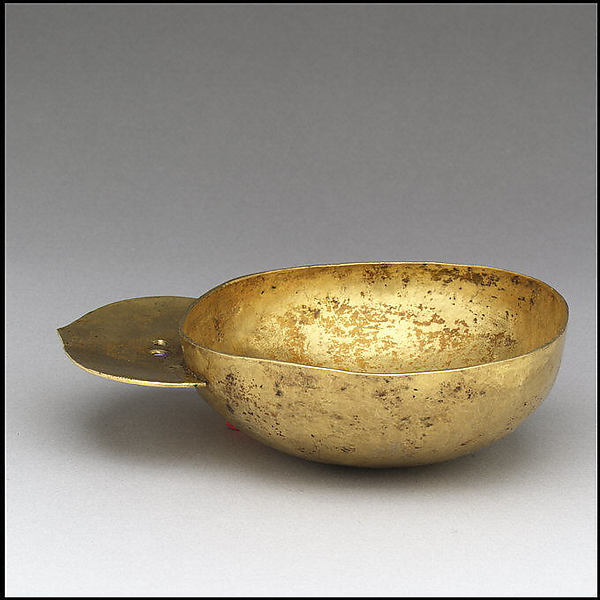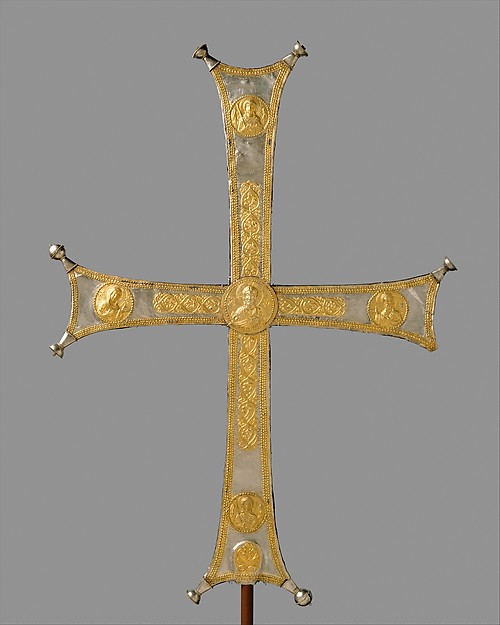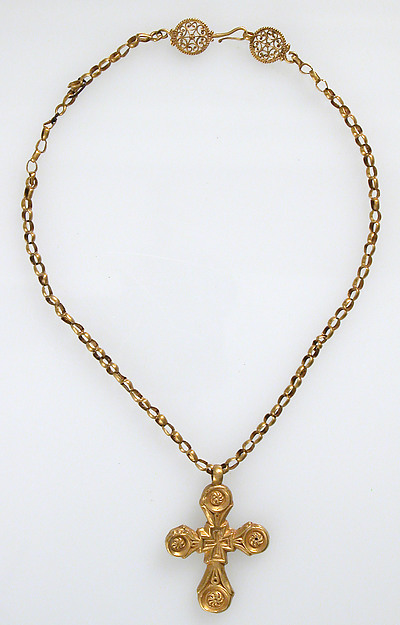Introduction
Justinian's primary objective was to bring the Roman empire back to its power, during Justinians reign, most of the West including Italy and Northern Africa were recaptured, great architectonical advances were made and Christianity became made the main religion, which is shown in the great artworks.
Justinian
Background
Justinian's full name was "Flavius Petrus Sabbatius Justinianus", he was adopted by his uncle the emperor Justin who came from Tauresium near Scupi. Justin's wife, Euphemia didn't want to let Justinian marry Theodora since she was an actress, but after Euphemia died Justinian changed the law allowing an actress to marry whoever she wanted, allowing her to marry him. Justin died from an old wound on August 1, 526 and Justinian became emperor.
Early Years
Justinian's first years as emperor were fierce, he would punish or kill everyone who performed pagan, and religious ceremonies other than Christianity; Justinian named Belisarius his general. who showed great military skills even after suffering a defeat.
The Nika Revolts
Street violence had an outburst in the empire, teams in a game started the violence, but Justinian was firm and started punishing those who comited crime, the teams got mad and started the Nika revolts, destroying some monuments in the city. Justinian wanted to escape, but Theodora convinced him to attack, so he stayed and sent Belisarius with his troops to attack, which was a success ending the Nika revolts.
The Gloomy 540s
Theodora died of cancer 3 years after the Persians broke a pact of endless peace by attacking Antioch in 548. Khusro, the patriarch of the persians started sacking cities and trying to make alliances with the Lavs. but Justinian sent Belisarius to stop Khusro. Khusro returned to Rome on year later were Belisarius was waiting for him and "check-mated" him. Later Theodora found out that Belisarius and another general heard that Justinian had the plague and that they said they wouldnt put up with another emperor like him, so Theodora put one of them in the Dungeon bu saved Belisatius thanks to his wife.
The Plague
During the 540s the bubonic plague attacked. It was said to have killed 40% of the population of Constantinople since there was no effective treatment and the sickness, carried by fleas brought in by rats, killed from 50 to 70% of the victims it infected. Justinian had to rely more on barbarian soldiers for his army and the treasury of the empire was greatly hurt by the reduction of people who payed taxes to the Empire.
The Law
On April 7, 529, Justinian set up a ten-man commission which was leaded by John the Cappadocian. He set it up to produce a new code of laws. The commission produced the Codex Justinianus or Justinian Code. Justinian ordered and codified the legal opinions of the Roman iurisconsulti or lawyers. He set a commission to work at it on December 15, 530. Justinian also put people to work on a textbook for law students, entitled the Institutes. This achievement has been known as the Corpus Iuris Civilis. Justinian also made the Novels, which were new laws, most of them written in Greek. The Novels were put together with the Codex. The laws included issues related to religion, property, marriage, slavery and more freedom to women.
Last Years
The last years of Justinian were catastrophic, earthquakes hit the city, the bubonic plague returned, the Hagia Sophia's dome collapsed and had to be rebuilt, different powers attacked the Byzantine empire from all sides, street violence appeared again, there was hunger and water shortages, the treasury became deeply in debt, and lots of land was lost until he finally died in 565, leaving Justin II as an emperor who regained Italy.
Evans, James A. "Roman Emperors - Justinian." Roman Emperors - Justinian. University of British Columbia, 25 July 1998. Web. 25 Jan. 2013. <http://www.roman-emperors.org/justinia.htm>.
More Facts!
Did you think I would only write that and leave so many questions in the air like what is the roman law and why do we care? Well if you did you were wrong, I will be explaining some of these questions with answers provided by a web page (to which you'll find the link at the bottom if you want to learn more) that was shown to me by my awesome history teacher Ms. Roxana.
I learned that the Roman Law was a system of laws and codes that were born in the Roman Empire (I know what you are thinking: "You don't saaay....") which were never forgotten, and by the 16th century it was being used throughout all Europe under the name of Ius Commune which means common law.
But again, why do we care? We care because it influenced one of the major legal systems in the world, the English Legal system. England did not actually adopt the Roman laws but just studied them, and started gathering ideas from them to develop their own laws under the influence of the Roman law.
As I was reading this awesome web page, I came up to the term "Classical Roman law" and found out that it means that the Romans made law into a science, developing it to its richest point during the Common Era which became known as the classical period of Roman law, during which law was thought and practiced, giving birth to the term "Classical Roman Law".
We know about the Roman Law thanks to a series of written records from scholars who studied the law, statues and even textbooks about the Roman Laws that were left behind, but muost importantly thanks to the Corpus Iuris.
I know what you are thinking, "What in the world does Corpus Iuris mean?". The Corpus Iuris is a collection of three sources of laws pput together by Justinian, the Codex, the Institutiones, and the Digesta. This compilation of sources is by miles the best source of learning about the Roman Laws for us.
As I kept reading I came up to another term: The Gloss. I found out that when the Medieval scholars were studying the laws, they started making this "glosses" for the Corpus Iuris, in which they wrote the meaning of single words contained in this compilation of laws.
And if still you cant find any reasons to find the studying of Roman Laws after reading all of the above, this is my last endeavor: Laws today are based on codes, codes that we didn't invent from the air, instead, they are based and extended Roman codes and laws. So next time you think about breaking a law, just think about Justinian sending Beliasarius to get you! Thanks for your time and see you on my next post!
Rufner, Thomas. "What Is Roman Law?" What Is Roman Law? Nova Southeastern University, n.d. Web. 25 Jan. 2013. <http://www.jura.uni-sb.de/Rechtsgeschichte/Ius.Romanum/RoemRFAQ-e.html#gemrecht>.




